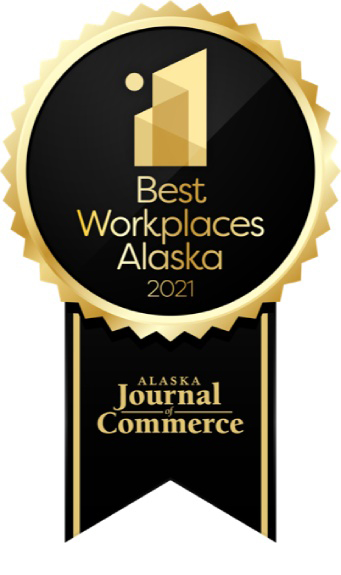Form 1095 Deadline and Penalties
March 22, 2016
As part of the ACA employer reporting requirements, certain employers must provide a Form 1095-C or 1095-B to all applicable employees by March 31, 2016. Employers subject to employer reporting requirements who fail to provide the required Form 1095s by the deadline may face penalties similar to those imposed for W-2 reporting.
Background
For the first time in 2016, all applicable large employers (generally those with 50 or more full-time equivalents) are required to provide a Form 1095-C to any employees who were full-time for at least one month during 2015. And all employers, regardless of size, offering coverage under a self-funded plan during 2015 must provide either a Form 1095-B or Form 1095-C to any individuals covered under the self-funded plan.
For 2016 only, the IRS extended the reporting deadlines. Reporting using Forms 1094 and 1095 is due to the IRS by May 31st (or June 30th if filing electronically), and a copy of the applicable Form 1095 must be provided to full-time employees and covered individuals by March 31st.
Penalties Related Specifically to Employee Statements
Reporting penalties related to Forms 1094 and 1095 are contained in Codes §§6721 and 6722. These are the same penalty provisions that apply for a variety of other information reporting to the IRS, such as Form W-2 reporting.
The statutory penalty for failing to provide a Form 1095 to applicable individuals by March 31st, or for providing incorrect forms, is $250 for each such form, capped at $3 million per calendar year. The penalty amounts are reduced to $50 per return and are capped at $500,000 if failures are corrected within 30 days (by April 30th in this case). The amounts are reduced to $100 per return and are capped at $1.5 million if failures are corrected by October 1st.
Statements Provided In Time But With Errors
The IRS has stated that penalty relief will be available for employers who provide statements to employees which contain administrative or coding errors, as long as the employer can show a good faith effort to comply. This broad relief is available only if the employer provides the statements to employees on a timely basis. Specifically, the IRS has stated that it “will not impose penalties under sections 6721 and 6722 on (employers) who can show that they have made good faith efforts to comply with the information reporting requirements.”
Statement Provided Late
In addition, employers who fail to provide timely statements may qualify for relief if the employer satisfies the standards for reasonable cause, as determined by the IRS. However, employers should expect this relief for late statements to be a relatively high standard to meet, unlike the broader relief described above for errors in timely statements. It is unlikely that penalty relief will be granted for employers who turn in statements late simply because they have experienced administrative problems, software delays, vendor issues, etc.
Summary
The IRS has promised a bit more leniency and relief overall for this first year of employer reporting, but there is no guarantee of penalty relief for a failure to provide on a timely basis. It is in the employer’s best interest to provide Form 1095s to applicable individuals as soon as possible. Even employers who fail to meet the March 31st deadline should provide statements to employees as soon as possible. Also note that similar penalties apply for failure to complete the required reporting to the IRS due in May and June.
See additional penalty information provided in IRS FAQs (specifically #3, 31, and 32) here.
While every effort has been taken in compiling this information to ensure that its contents are totally accurate, neither the publisher nor the author can accept liability for any inaccuracies or changed circumstances of any information herein or for the consequences of any reliance placed upon it. This publication is distributed on the understanding that the publisher is not engaged in rendering legal, accounting or other professional advice or services. Readers should always seek professional advice before entering into any commitments.
The views and opinions expressed within are those of the author(s) and do not necessarily reflect the official policy or position of Parker, Smith & Feek. While every effort has been taken in compiling this information to ensure that its contents are totally accurate, neither the publisher nor the author can accept liability for any inaccuracies or changed circumstances of any information herein or for the consequences of any reliance placed upon it.



